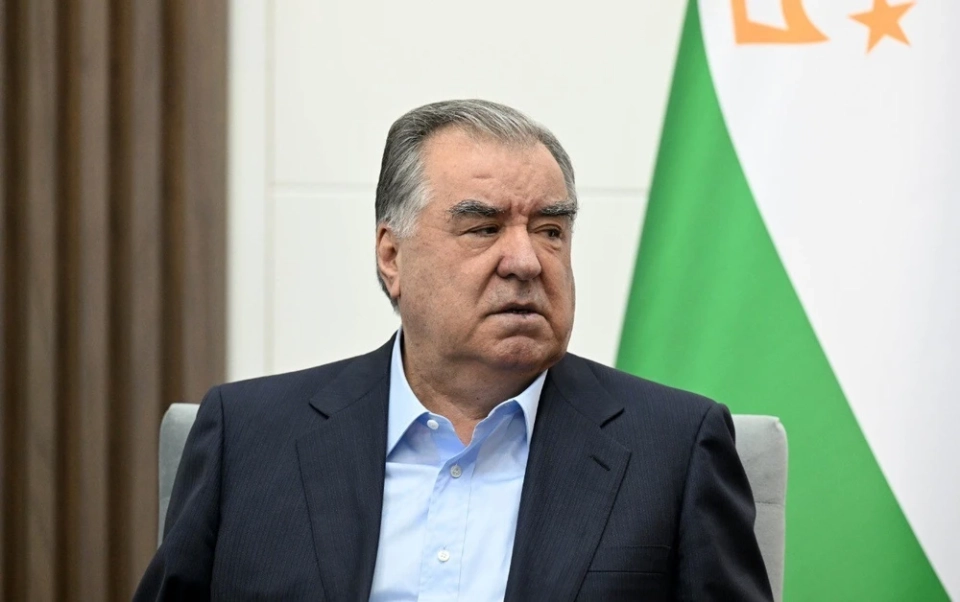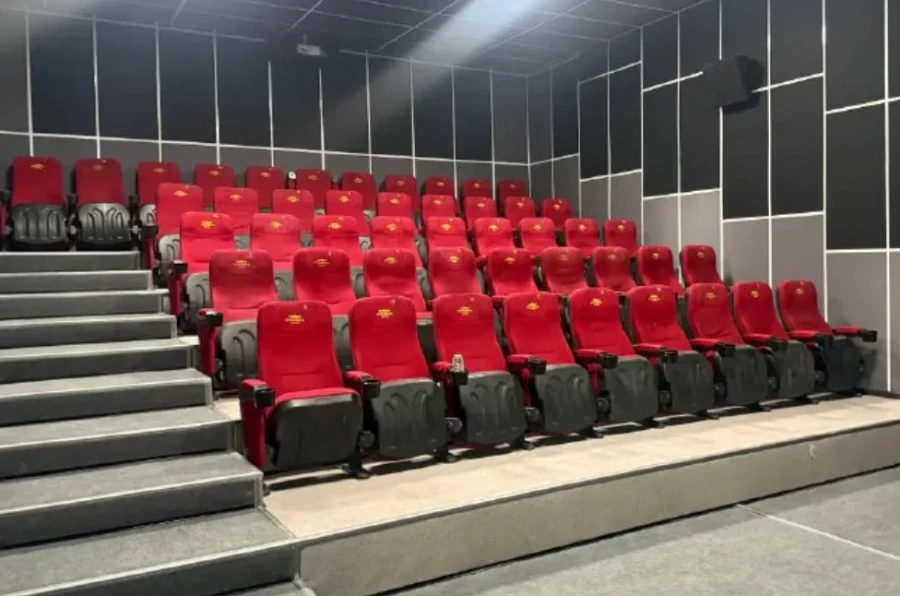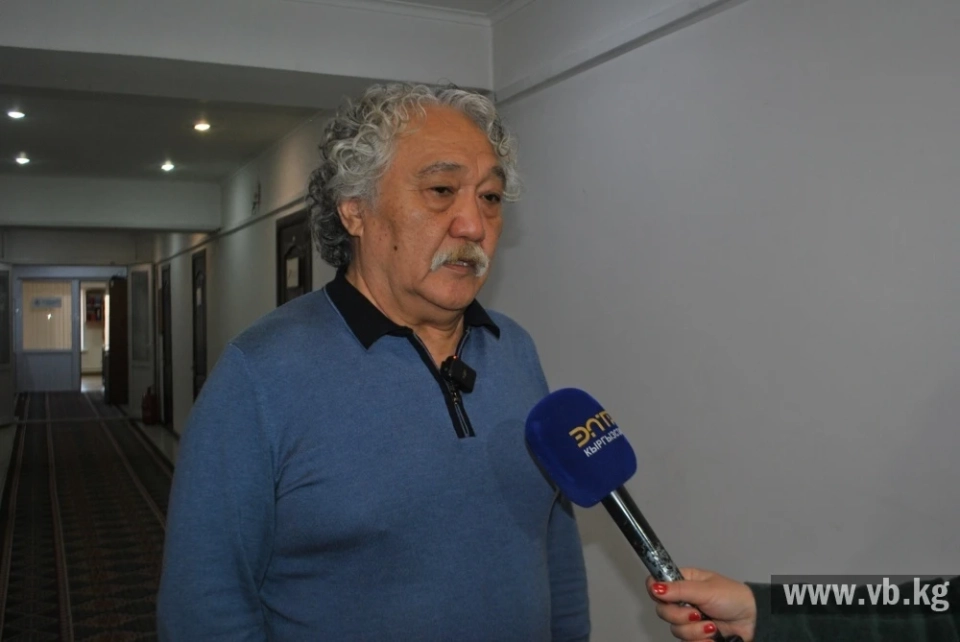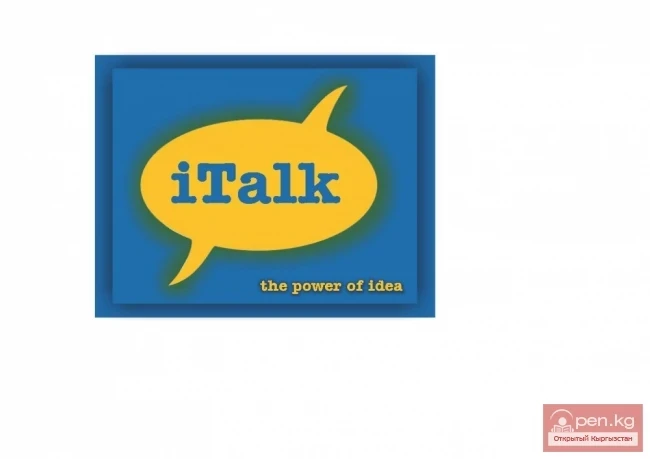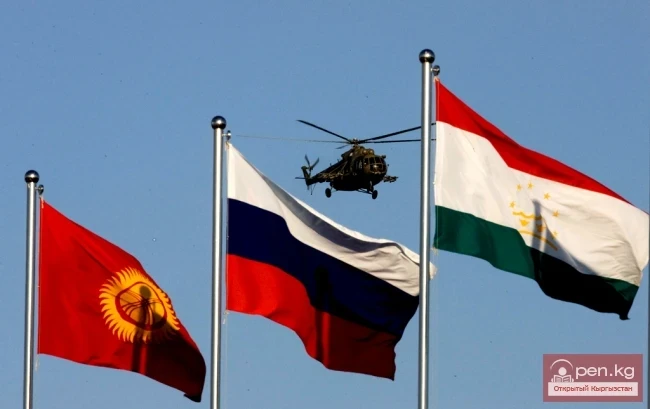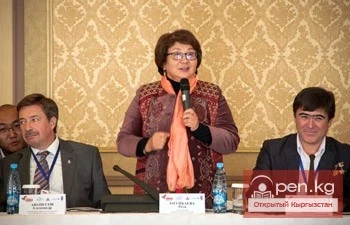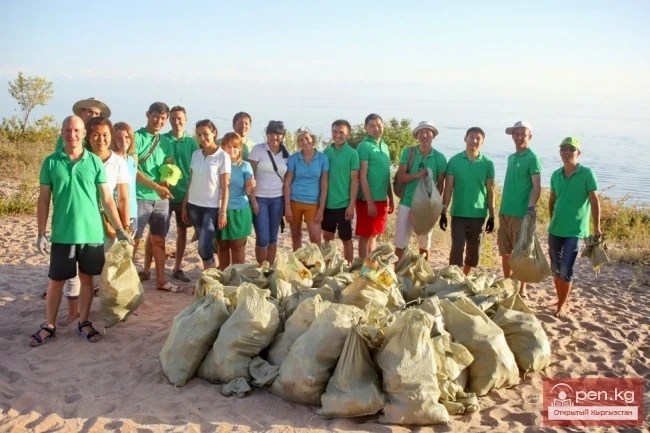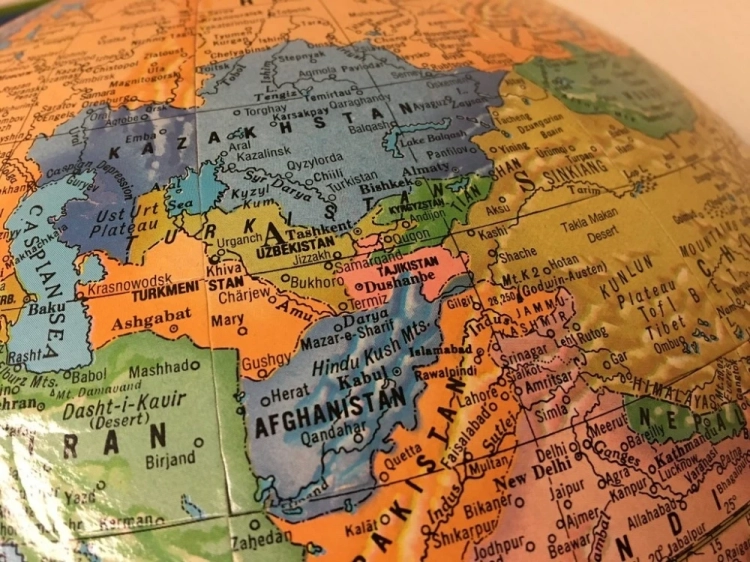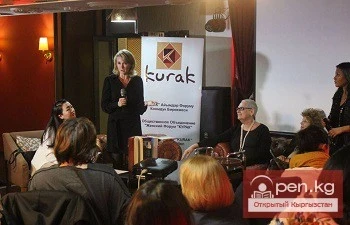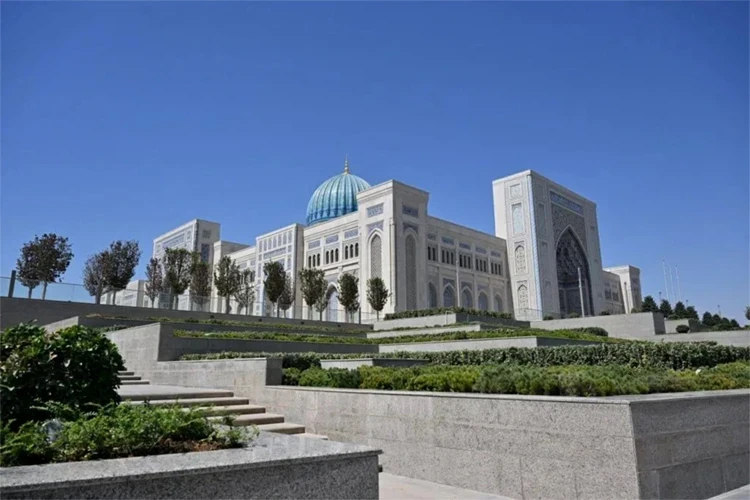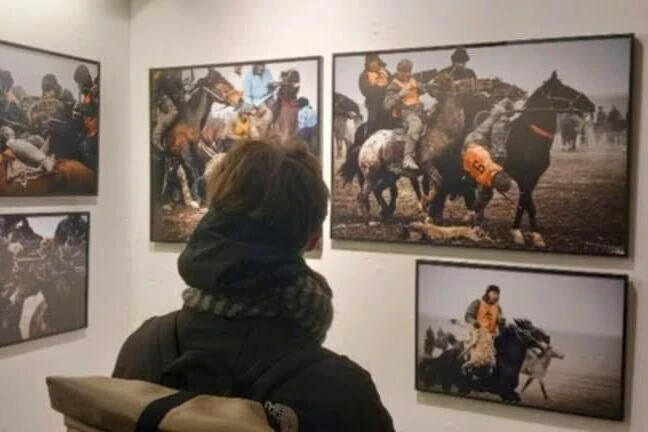The idea of the project is to offer teenagers film lessons that promote the development of critical thinking, empathy, and interest in social issues, as well as active participation in public life.
Film Talks opens its doors to all teachers who wish to participate, providing them with the necessary materials and support completely free of charge. Currently, the project is in its initial phase: the first teachers have completed their training and have already begun conducting film lessons in their classrooms.
By 2026, the initiative plans to reach at least 1,000 teenagers in both countries.
Content of Film Talks Lessons
The Film Talks program is designed for teenagers aged 14 to 18, including representatives of socially vulnerable groups. Each training module includes watching a short film and assignments related to its theme.
The lessons cover social and ethical issues that concern teenagers, such as bullying, gender inequality, environmental problems, family estrangement, and intergenerational dialogue.
The main goal of the project is to create a space for safe and respectful discussion, where teenagers can share their thoughts, express their opinions, and learn to consider different viewpoints.
The first set of lessons is based on short films created by teenagers from Central Asia who participated in the Alternativa Teen Lab film laboratories in Tashkent and Bishkek under the guidance of screenwriter and director Lena Vanina, as well as director Kirill Kulagin (such as "The Moon Shows the Way," "Tomorrow Will Be Snow," "Next Stop"). The project also includes students from Dante Rustavi, who is a director and curator of Alternativa Teen Lab, as well as the program director of the international animation festival in Tashkent, TIAF ("Voices of the Mountains," Moments, Because I’m a Girl).
Support for Teachers
The project is open to all teachers from schools, lyceums, and colleges in Kazakhstan and Kyrgyzstan who wish to use modern teaching approaches. They receive toolkits—sets of materials for preparing and conducting lessons, which include lesson plans, detailed instructions, handouts, and homework cards. A variety of assignments, including individual, group, discussion, reflective, and creative tasks, helps to engage students as much as possible.
In September, Alternativa and IDEA Central Asia held an open competition for teachers, resulting in 89 applications (60 from Kyrgyzstan and 29 from Kazakhstan) from representatives of major cities, district centers, and villages. Most of the applicants are teachers of humanities subjects.
As a result of the competition, in early November, teachers from 40 schools in both countries underwent two-day training sessions in Almaty and Bishkek. By the end of the current year, they will conduct trial lessons, and the project team will gather their feedback for further refinement of the program.


